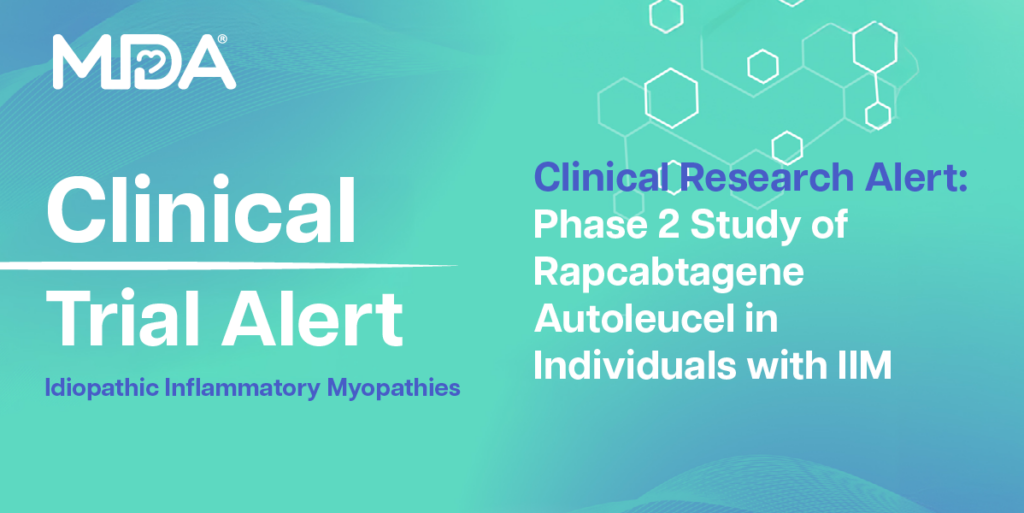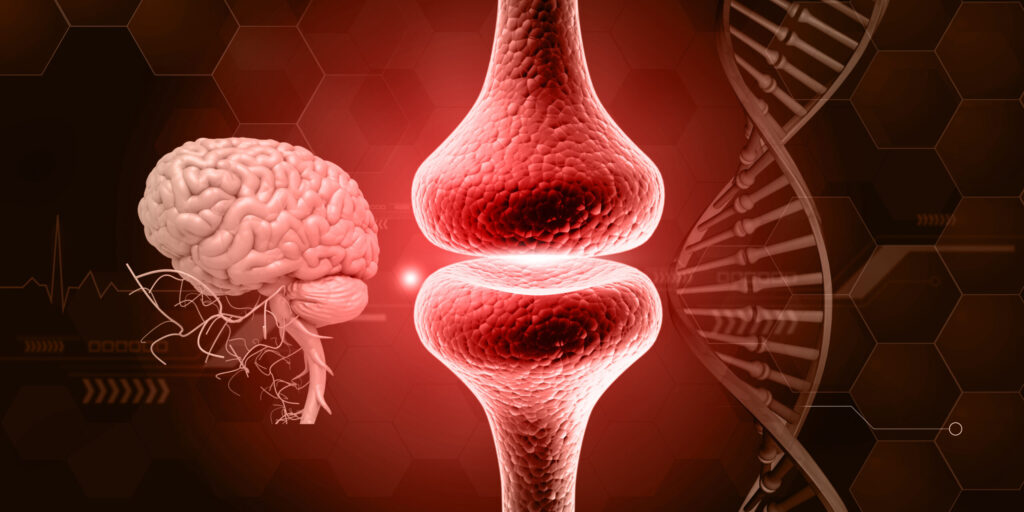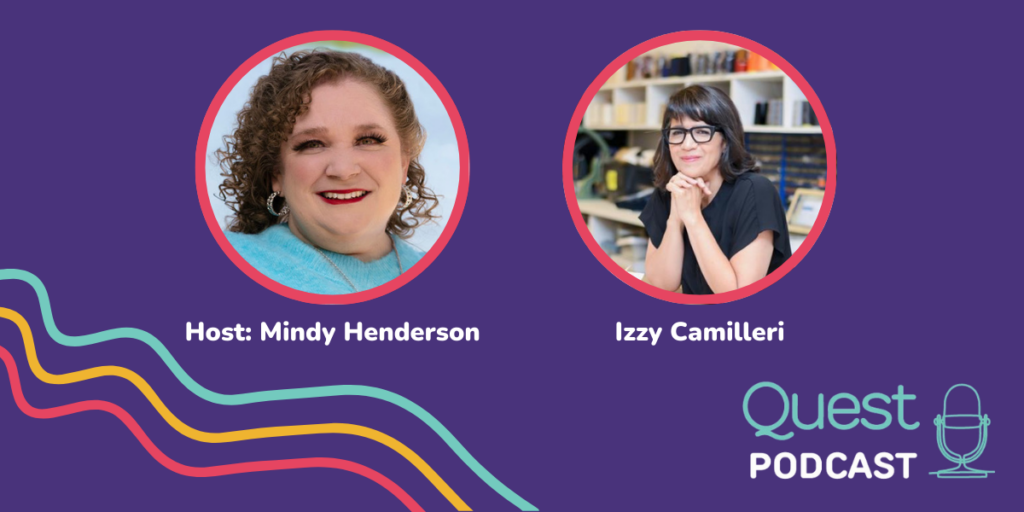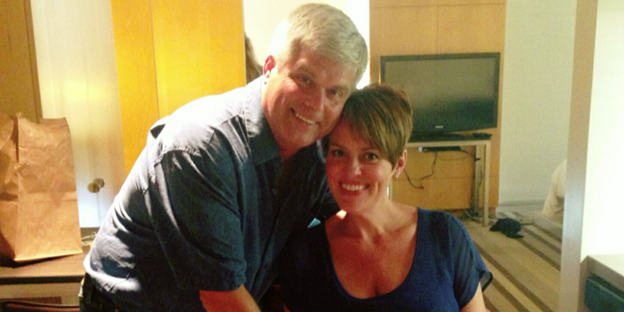
MDA Ambassador Guest Blog: My Experience Participating in a Research Study
By Lacey Woods | Monday, March 18, 2024
5 Second Summary
MDA Ambassadors play an essential role in furthering MDA’s mission while representing and empowering the neuromuscular disease community. Quest Ambassador Guest Blog series provides a platform to share their personal stories, perspectives, and experience.
Lacey Woods is an MDA Ambassador living with LGMD2i (R9). She is a wife and mother of six children. She works with her husband in real estate and as a trauma coach in Washington State. Her favorite sweet treat is popcorn with M&Ms. Lacey encourages others living with LGMD2i (R9) to join the 2i Facebook group that she participates in. For more information about Lacey and/or trauma coaching, visit her website www.Laceywoods.com.
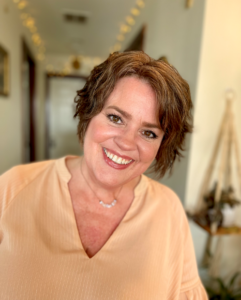
Lacey Woods
I was diagnosed with limb-girdle muscular dystrophy (LGMD) when I was 16 years old. I first started to notice that I was falling a lot and that my legs were contracting and “freezing up” when I was walking or running. It wasn’t until 29 years later that I was diagnosed with the specific variation of LGMD that I have: LGMD2i (R9). Advancements in research enabled me to receive my diagnosis and a better understanding of my LGMD, being able to contribute to on-going research on my disease was an incredible experience.
I am excited to share my experience with participating in a clinical trial, and why it may be a good fit for you. I was able to find out about clinical trials for LGMD2i through the ClinicalTrials.gov website, and I subsequently participated in a study conducted in Iowa City, Iowa. I applied to participate in a Natural History study that aims to track progression and find commonalities within the dystroglycanopathies. My excitement upon receiving the call and finding out that I met all of the criteria to participate in the trial was palpable. Not meeting specific criteria can sometimes create a feeling of exclusion, especially if it hinders participation in certain studies. However, it was encouraging to hear that this natural history study had criteria that I fit into, and was open to individuals with a FKRP mutation, regardless of their current abilities. It was also heartening to learn that the study provided support for myself and my caregiver, reimbursing expenses such as airfare, car rental, hotel accommodation, and meals. This level of support not only promotes participation but also alleviates some of the challenges associated with long-distance travel.
In 2011, My husband and I flew from Seattle to a very small airport near Iowa City. We rented a car, which enabled us to get to our hotel and the hospital where the study was to take place. The first day of the study included various assessments: strength testing, mental health evaluations, and specific procedures like needle biopsies and MRI scans. A part of me felt competitive and I remember thinking that I didn’t want to fail any of the tests. I knew the focus was on collecting valuable data that can help researchers better understand the disease, but the feeling was still there. After testing, we had lunch and I was able to meet someone else with LGMD2i; I was nervous and excited as I had never met anyone else with the disease.
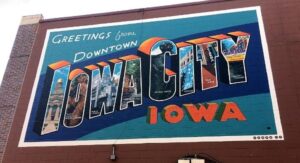
After our meet and greet we were able to tour the enormous laboratory and were fortunate to meet some of the scientists researching LGMD2i. Once the day was done, I remember feeling not only physically exhausted, but I also had a lot of different emotions swirling around. I felt a sense of hope and a sense of belonging that I had not felt before. The following day, my husband and I toured the adorable city and then flew back home. It was a short trip that held lasting memories.
For the following years of my participation, I was ecstatic to learn that the study organizers and sponsors would be holding annual get-togethers that would coincide with study appointments, bringing together doctors, scientists, and participants. These events were truly transformative. I was able to meet numerous individuals with LGMD2i, facilitating personal connections and a supportive network that has continued to this day. A group of us started a tradition of heading to the local cupcake shop after a long day at the conference. I remember the laughter like it was yesterday. There’s a special camaraderie between those of us with shared diseases.
After 5 years of traveling to Iowa City, I made the challenging decision to discontinue my participation due to the burden of traveling. I mourned to say goodbye to my group of people and our yearly cupcakes, if only Iowa City were closer. The study that I participated in is still on-going and the head researcher, Dr. Mathews, continues to share research updates at the yearly conference and other scientific conferences.
I believe there is an importance in participating in disease studies: improving knowledge, possibly slowing disease progression, and ultimately finding a cure. Your dedication to contributing to the advancement of medical research is invaluable, if not for yourself, it may benefit others through the insights gained through these studies. In my case, I also benefited personally from participating in this trial because it brought new relationships, knowledge, and experiences.
A tip for trial participation: If you have a friend with the same disease, I recommend that you both sign up for a study so that you can have a mini trip together!
Next Steps and Useful Resources
- MDA’s Clinical Trials Finder has a search tool and clinical trial FAQs.
- Find real-life stories and decision-making tools in How to Make a Decision About a Clinical Trial.
- The MDA Resource Center can also answer questions and guide you to resources. Contact us at 833-ASK-MDA1.
- Stay up-to-date on Quest content! Subscribe to Quest Magazine and Newsletter.
Disclaimer: No content on this site should ever be used as a substitute for direct medical advice from your doctor or other qualified clinician.


